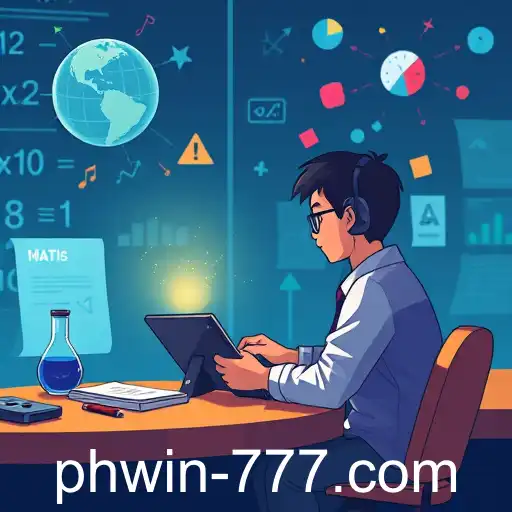
In 2025, the online gaming industry has continued its rapid evolution, with Phwin emerging as a frontrunner for its unique focus on cultural exchange and interactive learning. This platform, once a relatively obscure name among the giants of online gaming, has gained remarkable traction by blending traditional gaming elements with innovative educational tools.
Phwin's rise to prominence can be largely attributed to its diverse game offerings that integrate lessons on world cultures, languages, and history. Unlike traditional games, Phwin encourages players to engage with educational content, fostering a learning environment that is both entertaining and informative. This unique approach has attracted a global audience, eager to partake in games that not only entertain but also educate.
The success of Phwin highlights the growing demand for interactive and meaningful gameplay experiences. In an era where digital engagement is higher than ever, players are seeking platforms that offer more than just recreation. Phwin taps into this demand by providing users with an opportunity to broaden their worldview while enjoying their favorite pastime.
Moreover, Phwin's community-driven features stand out. Players can connect with peers globally, sharing insights and strategies not just about the games but also discussing the cultural knowledge they acquire. This fosters an environment of cultural empathy and understanding, breaking down geographical barriers and bridging cultural divides.
Reports indicate that educational institutions are taking notice of Phwin's potential as a tool for learning enhancement. Many schools are collaborating with Phwin to incorporate its games into their curricula, aiming to provide a blend of learning and fun for students. This collaboration exemplifies how gaming can be leveraged to support educational goals and prepare learners for a more interconnected world.
In conclusion, Phwin is not just a game but a revolutionary tool that combines entertainment with education, shaping the future of interactive learning. Its model of integrating cultural stories and educational content into gameplay offers a glimpse into the potential of gaming as a force for global cultural exchange and learning.


